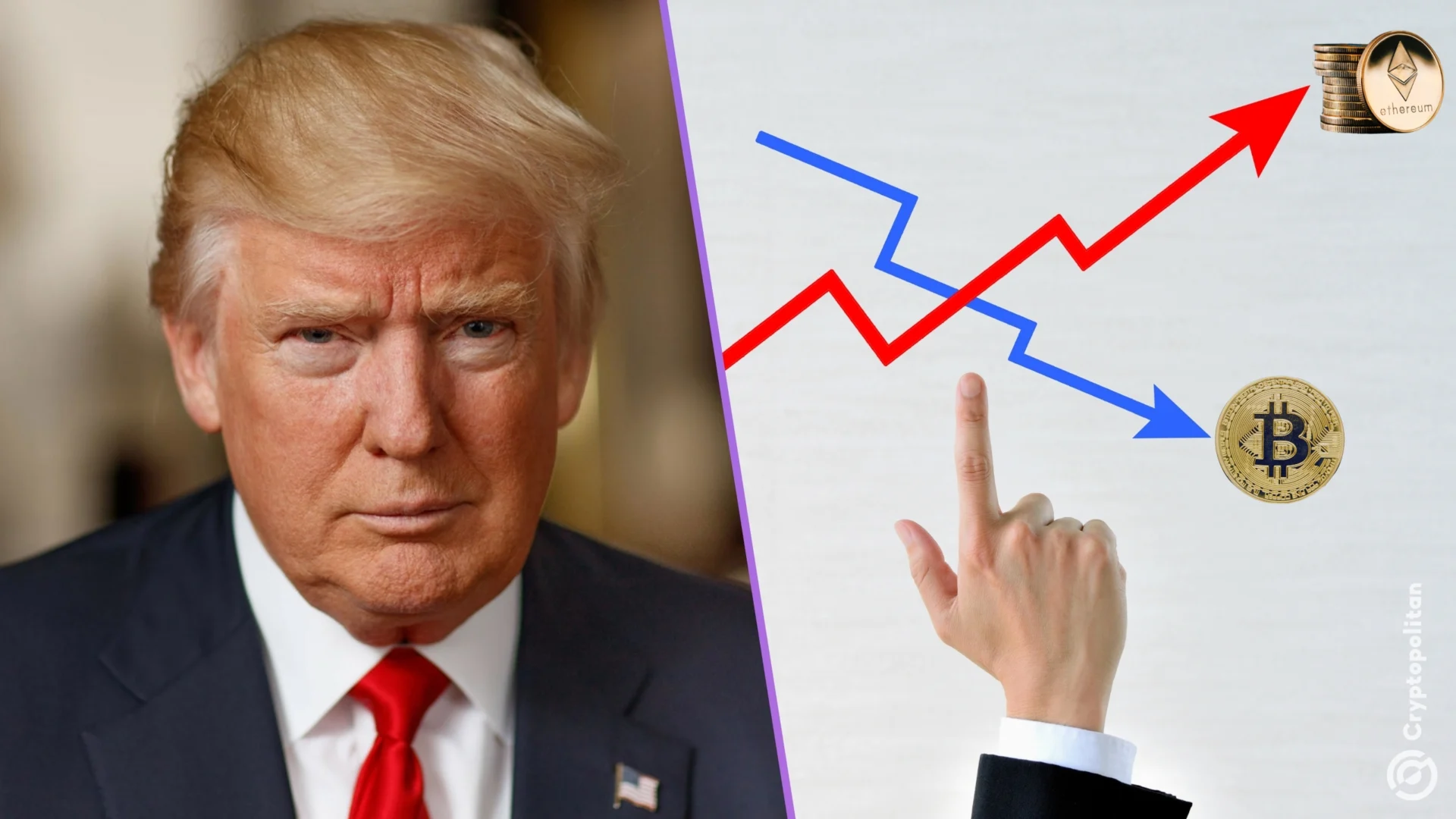Citigroup sold a massive batch of Argentine pesos to the Federal Reserve on Thursday, a decision tied to US Treasury Secretary Scott Bessent’s sweeping plan to steady Argentina’s collapsing currency and keep President Javier Milei’s administration from spinning out ahead of next week’s midterm vote.
The transaction reportedly happened quietly with the Fed acting as the Treasury’s fiscal agent, part of an emergency $20 billion swap-line under negotiation between Washington and Buenos Aires.
Behind that line, the Treasury is scooping up pesos from and through major banks as it tries to slow the sell-off that’s gutted confidence in the local currency.
Officials from Citigroup, JPMorgan Chase, Goldman Sachs, and Bank of America are in talks with the Treasury for $20 billion in short-term loans to Argentina, backed by domestic assets. A report from Bloomberg said Citigroup has been off-loading pesos to the Fed repeatedly, not just this week but during earlier trading sessions.
Banco Santander SA has been buying pesos onshore for the Treasury as part of the same effort. None of the banks, the Fed, or the Treasury commented publicly.
Peso weakens as Bessent pushes rescue deeper
The peso crashed to 1,424 per US dollar mid-session Thursday before a late recovery to about 1,410–1,400 when fresh dollars were offered locally. No one confirmed which institutions stepped in, but traders say the support came just as the panic peaked.
The Treasury’s goal is to absorb dollar demand from households and investors rushing for safety ahead of the October 26 election. Many Argentines don’t believe any level of US funding will stop another brutal devaluation.
Trump’s Scott insists the peso is “undervalued” and is already weighing a plan to double the package to $40 billion through private bank deals.
President Donald Trump said that US support would vanish if Milei’s party loses the midterms, spooking investors who already watched the libertarian’s candidates wiped out in key provincial races.
That message rattled markets that see Milei’s free-market plan as the only economic framework left. “Bessent’s announcements have diminishing marginal returns: each one lasts less and less,” said Ezequiel Asensio, portfolio manager at Valiant Asset Management, who added that: “The market doesn’t believe Bessent, not even with the cash he’s putting in.”
Market disbelief grows as bailout strains system
The Treasury hasn’t revealed the scale of its peso purchases, and traders say each operation sparks only a brief rally before sellers pile back in. Lucio Arrocha, strategist at StoneX, warned that “a devaluation is inevitable” and that a Milei defeat would only accelerate capital flight. “There’s not enough dollars in the country to face the capital flight that will take place,” he said.
For Scott, the drama feels like déjà vu. Early in his career under George Soros, he was part of the 1992 bet that forced the U.K. to abandon defense of the pound, a trade that earned Soros about $1 billion. Now Scott is on the opposite side, trying to prevent a collapse instead of profiting from it.
Javier Timerman, managing partner at AdCap Grupo Financiero, called the comparison a warning shot: “All Argentines, investors and analysts believe the exchange rate has to adjust and that there won’t be economic activity while rates and the exchange rate stay where they are.”
Analysts say the peso still hasn’t dropped enough to match 12 percent inflation since April, leaving it overvalued even after the latest plunge. The official rate is now roughly where the black-market rate was before partial FX-control easing earlier this year.
The US-led buying spree is drying up liquidity inside Argentina, driving loan costs above 100 percent and leaving the government rolling over less than half of its maturing peso debt.
“This can’t go on much longer,” said Miguel Kiguel, a former Argentine finance secretary. “People still think the intervention lasts until the election, and after that no one knows how it continues.”
Join Bybit now and claim a $50 bonus in minutes











